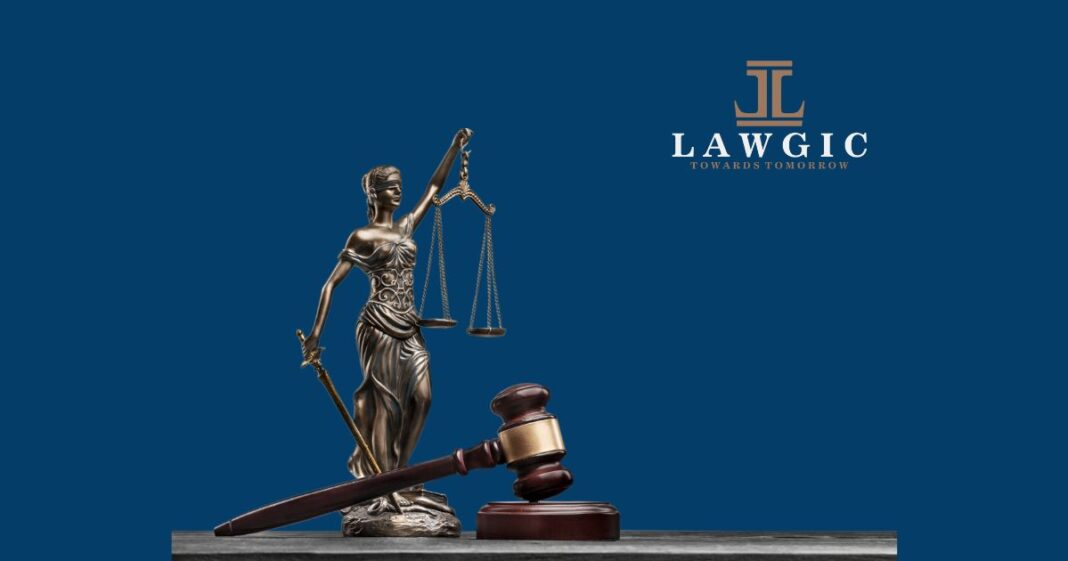A division Bench of Chief Justice of India, DY Chandrachud with Justice JB Pardiwala of the Supreme Court declined to consider a public interest litigation requesting permission for students to enroll in three-year LL.B. programs immediately after completing school.
A Bench stated from the outset their disagreement with the notion that school students should only undergo three years of legal studies before entering the legal profession.
“Why have a three-year course at all…can start practice after high school only!…If you ask me five years (of legal studies) is also less…For us it was BA for three years and then law…We need mature people coming into the profession…This five years course has proven to be very beneficial”.
In his Public Interest Litigation, Ashwini Upadhyay, a leader of the Bharatiya Janata Party (BJP) and an Advocate, had petitioned for directives to the Central government and the Bar Council of India to establish an expert committee to evaluate the viability of offering a three-year LL.B. program immediately after high school.
Upadhyay contended that the extended duration of the current five-year course primarily benefits costly institutions. He highlighted that individuals pursuing careers in civil services can commence their professional journey upon completing their undergraduate studies.
Another aspect of his plea was to urge the Central government, the Bar Council of India (BCI), and the Consortium of the National Law Universities to devise a comprehensive strategy aimed at attracting top talent to the legal profession.
Advocate Ashwani Kumar Dubey represented Upadhyay in the submission of this PIL.
During the recent court session, Senior Advocate Vikas Singh represented Upadhyay and emphasized that offering a three-year law program post high school could particularly benefit female students and those from disadvantaged economic backgrounds.
Singh underscored, “The current five-year course structure discourages girls and economically underprivileged students from entering the legal profession… This extended duration is not conducive for students facing financial constraints.”
Despite the arguments presented, the Court displayed a reluctance to entertain the plea.


